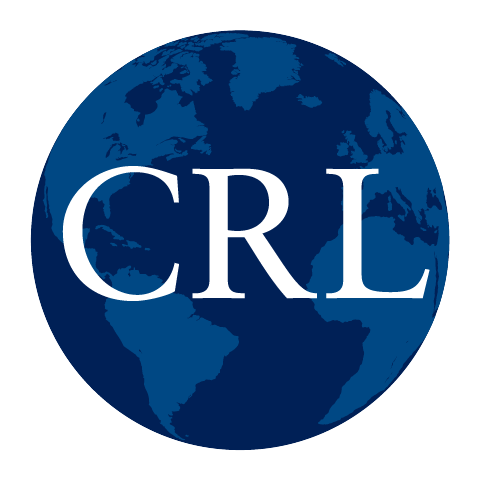-
1de réir Oberländer, Theodor, 1905-
Foilsithe / Cruthaithe 1930[Berlin : P. Parey, 1930]65 p. : maps ; 25 cm. -
2de réir Oberländer, Theodor, 1905-
Foilsithe / Cruthaithe 1935Berlin : Volk und Reich Verlag, 1935.118 p., 38 leaves : maps ; 25 cm.

